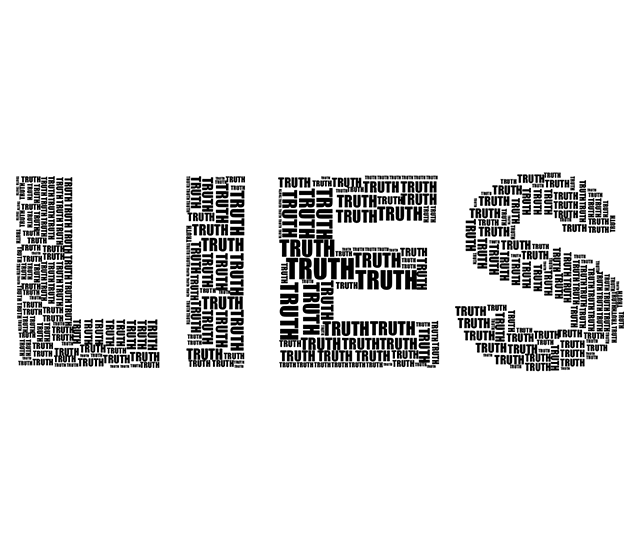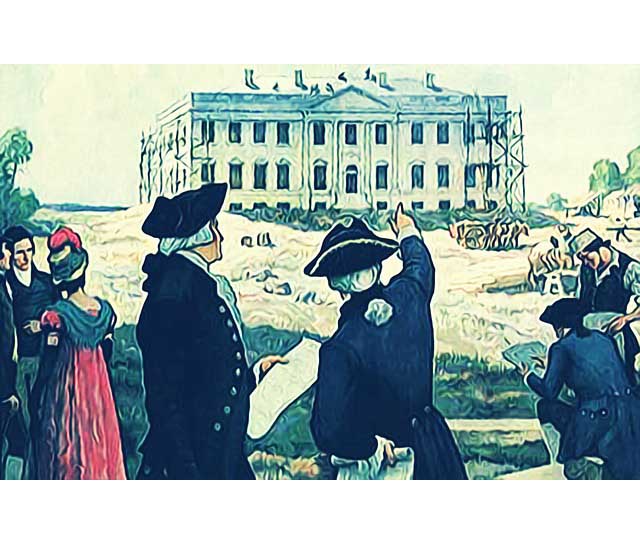The Hard Work of Truth in the Age of Easy Information
The internet is overflowing with information, but how much of it is actually true? Not much. False or misleading content far outweighs the reliable stuff. Getting information is easy—getting accurate information? That’s a whole different game, one that takes work.
In our age of instant access and bite-sized content, it’s tempting to take things at face value. But that’s dangerous. To sift truth from fiction, it’s crucial to always check the source. Ask yourself whether the presenter might be misrepresenting the facts—intentionally or not. And don’t stop there. Cross-reference multiple sources. Falsehoods don’t always stem from malice; sometimes, they’re born out of ignorance or haste.
Butter contains milk?
A recent example involves conservative media seizing on a story about Costco’s butter recall, blaming the FDA for what seemed like an absurd requirement: a label stating the obvious—”contains milk.” This criticism fit a familiar narrative about government overreach, but the real story was far less sensational. The recall was voluntary, initiated by Costco, not mandated by the FDA. If you look at the actual FDA recall record, you can clearly see that the recall was “Firm Initiated”. Whether this was a deliberate misrepresentation or just laziness doesn’t matter much. The point is, the real story required effort to uncover, and most people didn’t bother. Because getting the truth takes work.
Kickboxer destroys Kung Fu master?
Another example is a viral video circulating on social media. It shows a kickboxer apparently humiliating a so-called “kung fu master.” It plays right into the trope of fake Chinese martial arts masters being exposed—a trend based on actual events in China. On the surface, it fits the narrative perfectly. But dig deeper, and the truth tells a different story. The fight took place in Japan, not China. The “kung fu master” was just a beginner in Chinese-style clothing. The kickboxer? A K1 featherweight champion. It was a friendly sparring match, not a takedown of a fraud. Without context, the clip fueled a storm of mockery based on a false premise. Again, the truth takes work.
Both examples reveal the same fundamental issue: surface-level information often masks deeper truths. The responsibility lies with us, the consumers of information, to do the hard work. Misinformation thrives on laziness, on our willingness to stop at the first convenient answer.
Understanding the full story isn’t always fun, nor is it always easy. But if we want to see the world as it truly is, we have to do the work. The truth is worth it.




